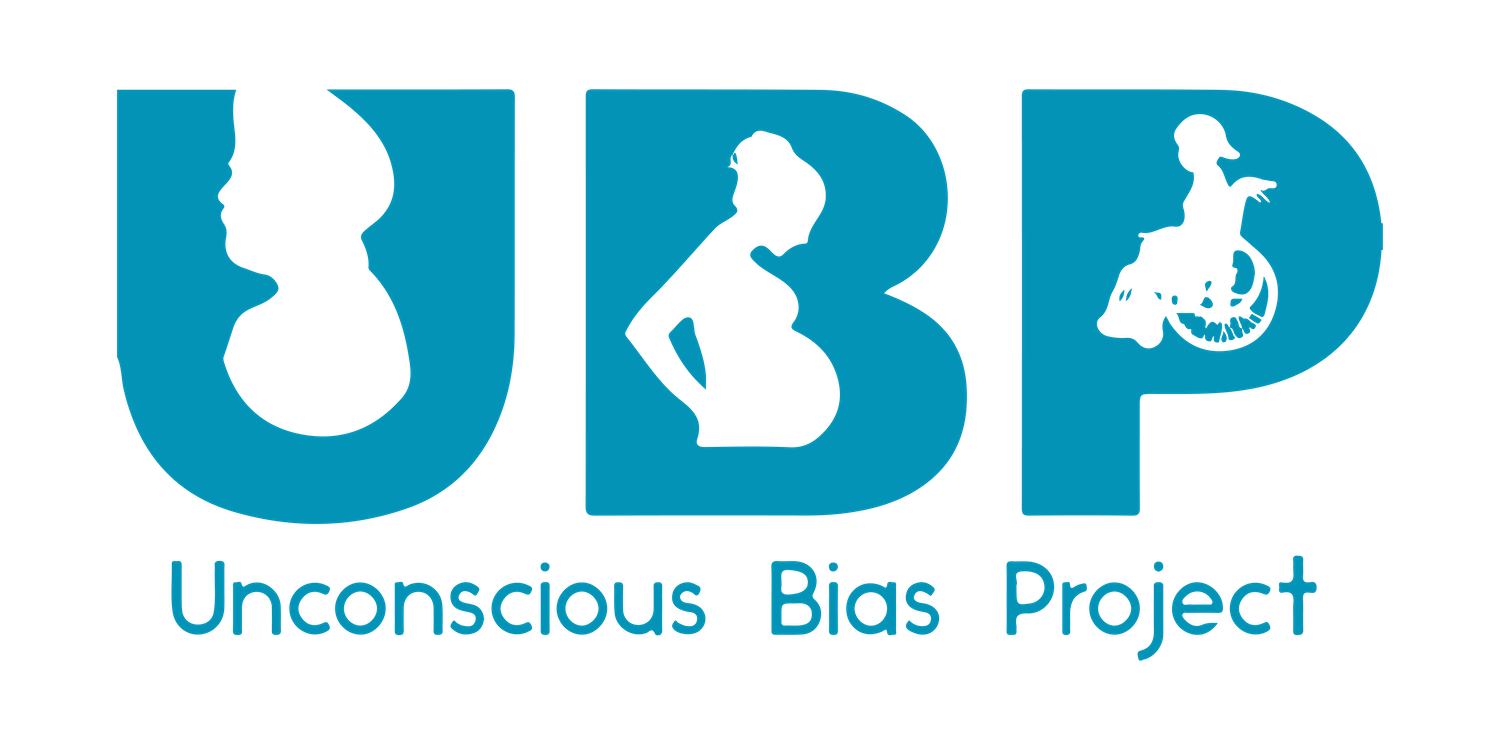An Open Letter to Leaders: Talking About Race
Published on: 7/30/2020
Dr. Linet Mera
Hey there,
It is hard to talk about race. It is. It’s hard to talk about race when all you know and all you’ve built has been innovation, products, science, learning. It is hard to talk about race when you grew up without these conversations. It is hard to talk about race when all you knew is that talking about race is taboo. There is no MBA, PhD, MD or any other degree that could prepare you for this moment.
I’m the Executive Director of the Unconscious Bias Project, an organization dedicated to helping organizations solve bias and unconscious bias and I’m here to tell you it’s okay to say it’s hard to talk about it.
Right now is the time when your people, your teams, and your volunteers need you the most. You’ve had the leadership, the skills, the know-how to move your group forward whether you are entrepreneurial, scaling, or maintaining. Your team, your company, and your organization looks to you for answers.
It’s okay to not know what to do to make things better. I’m writing to tell you that you can still lead through this.
You don’t have to have all the answers. It’s okay to struggle with talking about race. It’s okay to not know what to say when another Black life is lost. It’s okay to not know what to do to make things better.
I’m writing to tell you that you can still lead through this.
You can talk about racism. You will be right sometimes, and you will be wrong sometimes. When you’re wrong, the strongest thing you can do is show up as a leader by listening with humility.
The first thing you can do is communicate with compassion, honesty, vulnerability, and truth. I know, there’s no chapter on that in your business manual. Guess what, 2020 was in zero manuals. Maybe you are drafting a BLM statement, great. Have you also talked to your employees?
“Well, I told my employees what happened to George Floyd was terrible and that we stand by diversity, but I don’t know what to do next.”
Make sure your employees feel supported. If you truly care about your people, now is the time to connect with them and be there for them. You need to do this now, and not just for your Black and Brown employees, but for everyone in your company. In the words of Dr. Tiffany Jana, “people aren’t working from home, they are trying to work at home during a pandemic, with their kids, during the greatest civil rights movement of our time.”
That means you need to reach out and be able to:
- Be wrong
- Hear criticism
- Own up to your mistakes and learn from them
- Do your own learning and growth
- Be ready to listen to what your employees need and have a way to integrate it into your strategic plan
- Engage in a non-stop journey of learning and action.
This is a short start of a much longer list, and it can be a lot to take on if you’ve never worked on social justice or diversity more than just working with HR. Guess what? There are tons of books, professionals, and working groups that have years of experience in how to understand and counsel others on applying anti-racist frameworks, how to disrupt oppressive corporate culture, how to bring these much needed conversations to environments that haven’t engaged yet.
The thing is, no matter what your organization does or what your identities are, you actually do have a role to play. You have a role to play with your words, and most importantly, with your actions.
Don’t fall into the trap of thinking one BLM statement and donation is enough to do your part. Don’t think reading one anti-racism book (while extremely informative and powerful) is enough to change everything. Don’t think one single diversity workshop is enough to solve centuries of oppression and colonialism. They are great places to start, but they are not enough. In the words of Doctoral student Cecilia Caballero, “you can’t intellectualize racism away”.
Just like how you’ve dedicated yourself to becoming the best in your field, having the best ideas, and being the best strategist, you need to make a long term commitment here for yourself, your career, and the people you lead.
Stay tuned for the next in our Letters for Leaders series “Where to Begin” next month. Be first in line to receive the next letter through our mailing list.
This article is part of our #TogetherAgainstBias free resources for the public. Find more resources on our website including podcasts, videos, and more articles.

